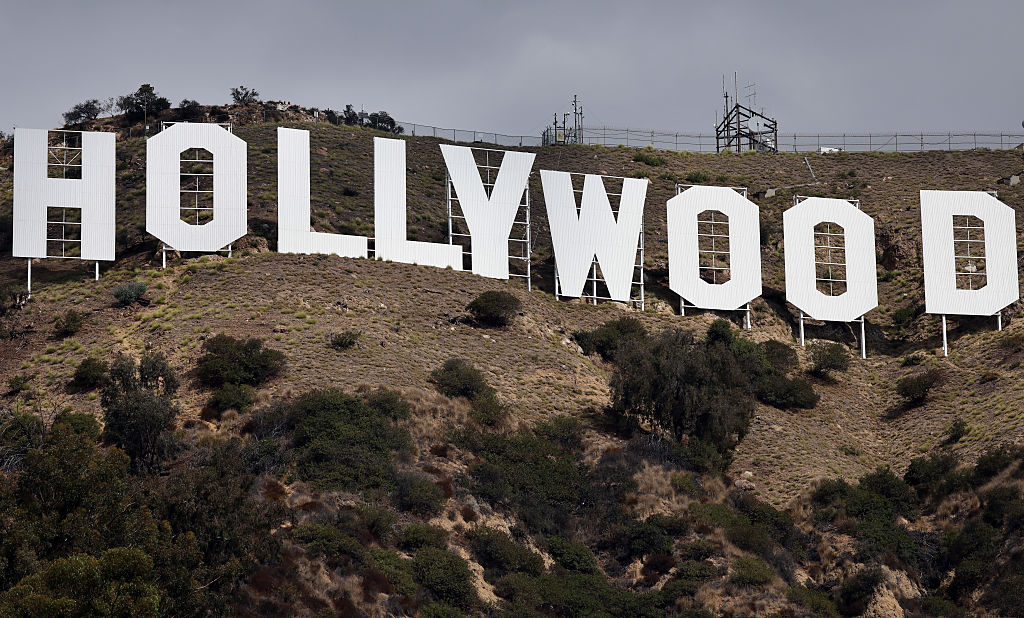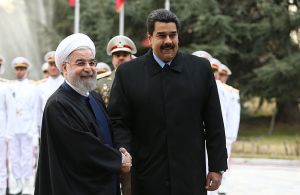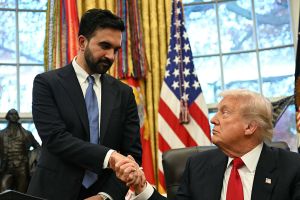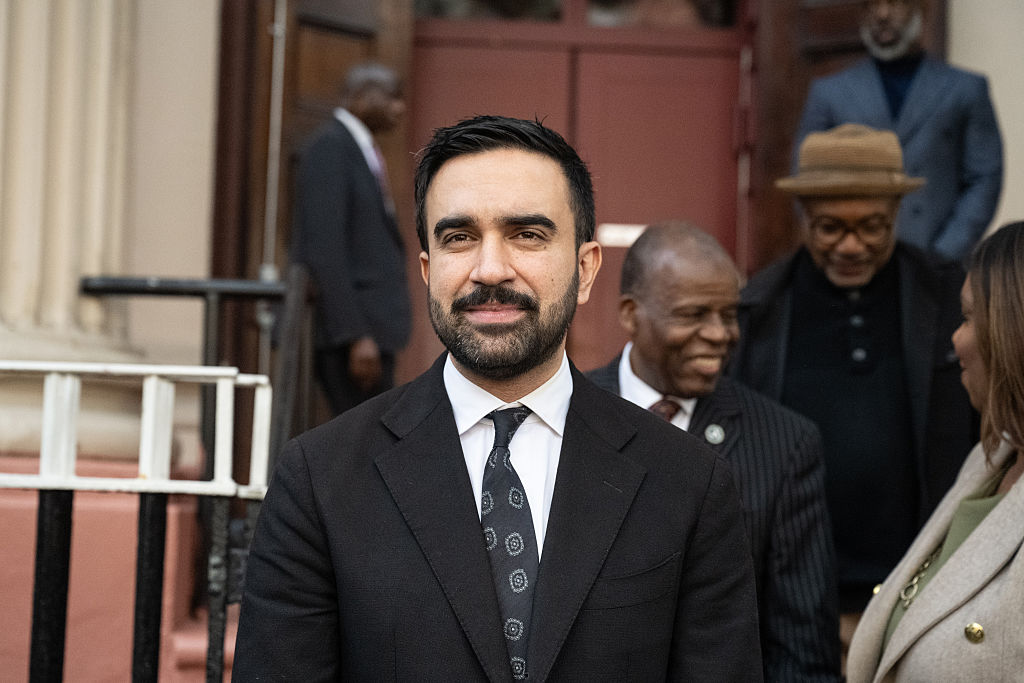One feature of President Trump’s second term in office is that when he says he’ll do something, he usually does it, no matter how outlandish or cockamamie it might seem. So it has proved with his threat to impose 100 percent tariffs on any films that have been filmed outside the United States. He first said that he would do this in May, and many industry pundits rushed to say that his scheme was impractical, unworkable, etc. Yet veteran Trump watchers would know that once he has an idea, it will not rest.
He has now repeated himself, with greater vigor, writing on Truth Social that “our movie making business has been stolen from the United States of America, by other Countries, just like stealing ‘candy from a baby.’ California, with its weak and incompetent Governor, has been particularly hard hit! Therefore, in order to solve this long-time, never-ending problem, I will be imposing a 100 percent Tariff on any and all movies that are made outside of the United States.” In other words, Trump – a figure with a long-standing distrust of Hollywood, despite or perhaps because of the number of films that he has made cameos in – is attempting to Make Hollywood Great Again, and damn the pernicious industry types who would say anything otherwise.
It is unclear how this plan will work in practice. The audience for foreign-language pictures has always been relatively small in the United States, meaning that if Far Eastern and European distributors believed that it would be financially ruinous to operate in the arthouse circuits on the East and West coasts, they would simply skip releasing them altogether. The Trump-voting base and the kind of people who would seek out the new Jacques Audiard picture at their local independent cinema are not, in all honesty, likely to have huge overlap. What is much more damaging for the industry is the idea that films such as The Avengers or The Batman – large-budget, American-funded pictures shot mostly in Britain for tax reasons – would become impossible to make in their current form. Budgets for these films are already sky-high, and audiences are unwilling to spend yet more money on their tickets.
Publicly and privately, industry figures are doubtful that the tariffs will come off. As one one such figure told Variety, “He’s the president, so you have to treat it seriously, but people are mostly just confused by this.” The British producer Phil Hunt went even further, remarking that “It’s just hot air again. It’s his brand of Looney Tunes. I can’t see it helping North America. He doesn’t understand the detail of film being a global business.” While something like the recent Paul Thomas Anderson epic One Battle After Another is US-set, produced and funded, many more pictures have money from all over the world, whether it’s Britain, the Middle East or (increasingly seldom now) China. The idea of imposing punitive tariffs on all pictures seems ridiculous, but that does not mean that it won’t happen.
And if it does, what then? It is hard not to feel that the decision has been taken as an attack on the “weak and incompetent” Gavin Newsom, to try and achieve political points. It is amusing that one of Trump’s “ambassadors to Hollywood”, the ever-controversial Mel Gibson, is currently filming his eagerly awaited Passion of the Christ sequel in Rome, which presumably would be hit by tariffs, but it seems inevitable that an exception would be made for this picture on both spiritual and economic grounds. Yet if this plan is to work and have any serious effect on the film industry’s outsourcing both filming and financing elsewhere, it would need far greater clarification and thought-through action. The shock and awe have now been achieved. Next must come the details, and only then will it be possible to see whether this has any chance of working.


























Leave a Reply